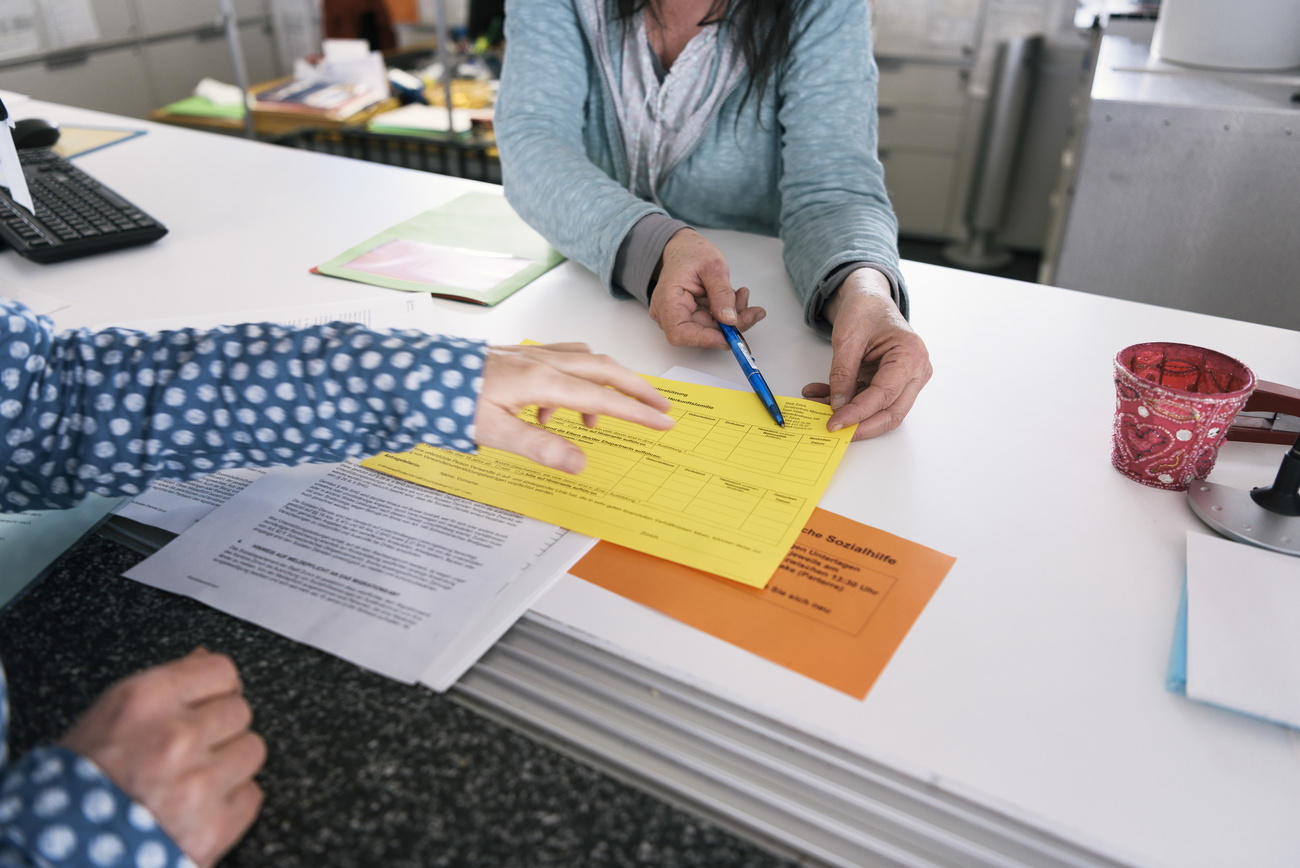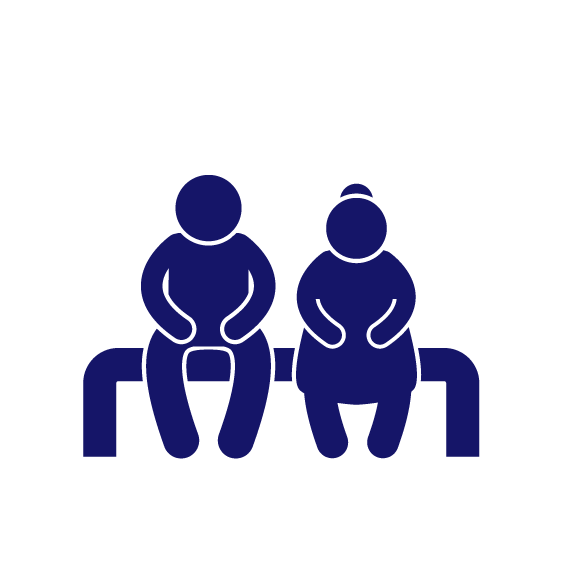Who can collect Swiss unemployment benefits?

If you lose your job in Switzerland, you may be eligible for unemployment benefits. This is what you need to know.
Every month, those with jobs pay into a fund to help those without. The contributions are split between employers and employees. In 2019, the Swiss unemployment rate was 2.3%, a new low.
However, the national unemployment rate only counts people registered at regional job centres; those no longer eligible for benefits drop off of these rosters. In comparison, the International Labour Union calculates the unemployment rate as the number of unemployed people times 100 divided by the total labour force, which includes those with and without jobs.
In Switzerland last year, 107,000 people received unemployment benefits.
To apply for unemployment benefits, you must have Swiss residency and work permits, and you need to have been employed for at least 12 months within the past two years. Earnings must have been at least CHF500 ($519) per month. Self-employed people are not covered.
You need to register with the regional unemployment office (RAV/ORP/URC) where a case manager will provide support as you look for a new job. It’s best to do this as soon as you know that you’ll be out of work – even if you’ll still be working as part of the notice period employers are obliged to observe.
In addition to fulfilling the basic requirements outlined above, there are several regular tasks that the person receiving unemployment benefits needs to perform.
For example, you’ll have to check in with your job counselor regularly and prove that you’ve applied for 10-12 jobs per month. You’ll also be sent to participate in courses and workshops to improve prospects and sharpen skills such as CV writing.
The unemployment benefits usually amount to about 70% of your average wage earned in the year before you lost your job. If you have children, you can get 80%. The cap for average monthly wages is CHF12,350.

The money is paid out in the form of “daily allowances” on the basis of a five-day work week. If you worked and paid into the system for 12 months in the past two years, you are entitled to 260 days’ worth of unemployment allowance – or 200 if you’re under 25 and childless.
After 18 months of work you get up to 400 days’ worth. Older workers, or those with a disability, are eligible for up to 120 additional days – bringing the absolute maximum to two years.
However, your unemployment counselor can dock your daily allowances if you miss appointments, turn down a suitable job, fail to send out enough job applications or refuse to participate in labour market programs.
Minor infringements “cost” 1-15 days; serious ones cost up to 60.
Yes, but you need to report the income to the unemployment office. Failure to do so can result in docked allowances or even a criminal charge.
Yes, after three months of unemployment. Then you can take a week off from reporting to the unemployment office or applying for jobs. If you want to take a longer holiday, then you’ll need to request unpaid time off with no benefits. In any case, inform your counselor of your travel plans at least two weeks in advance. Improper reporting can lead to docked allowances or a criminal charge.
Then you may be eligible for welfare or emergency assistance.

More
How Swiss welfare works
Long-term unemployment is a worry for many people in Switzerland, in particular older workers who are often passed over during the recruitment process.
Starting in spring 2020, new measures to fill vacant jobs with workers already living in Switzerland will be put in place. The government also wants to introduce additional benefits for people aged 60 and older who are no longer eligible for unemployment allowances.

More
More job seekers abroad claim Swiss unemployment benefits

In compliance with the JTI standards
More: SWI swissinfo.ch certified by the Journalism Trust Initiative












You can find an overview of ongoing debates with our journalists here . Please join us!
If you want to start a conversation about a topic raised in this article or want to report factual errors, email us at english@swissinfo.ch.